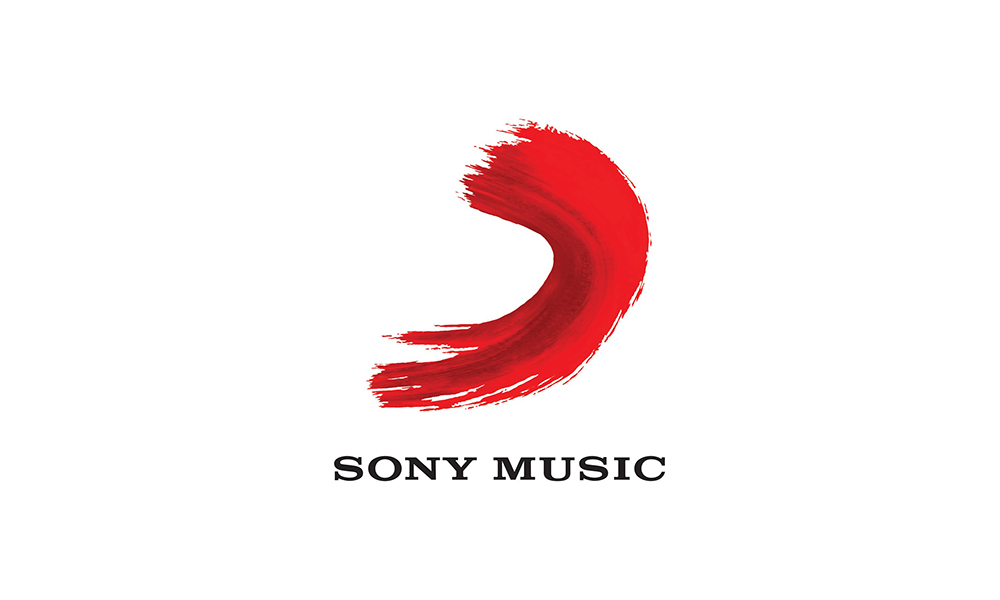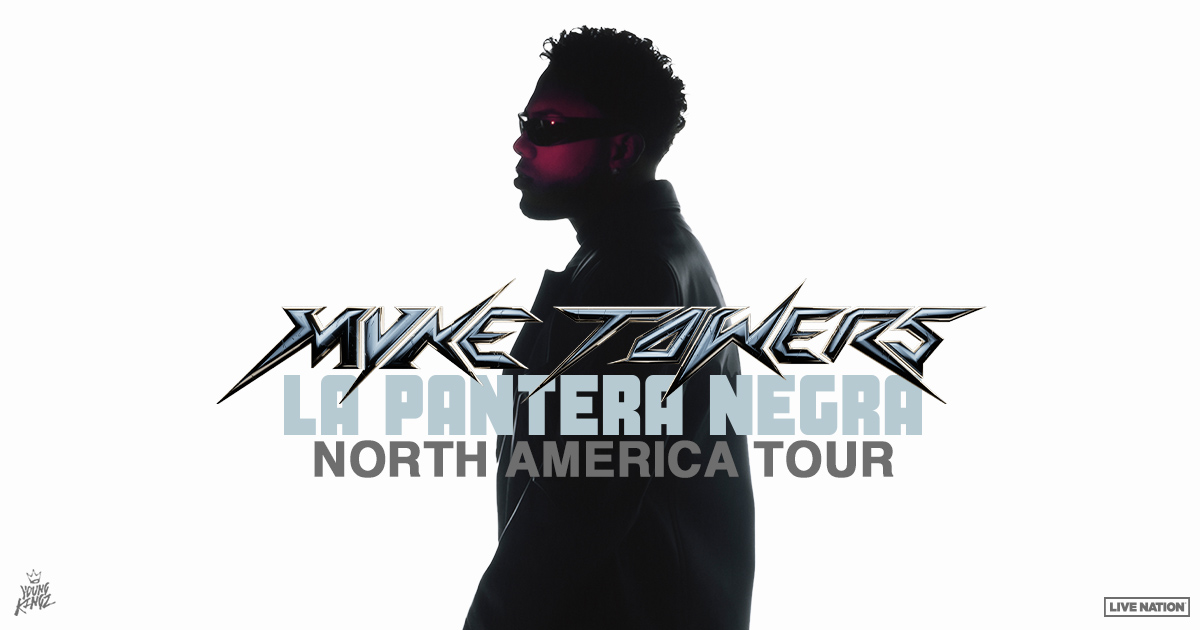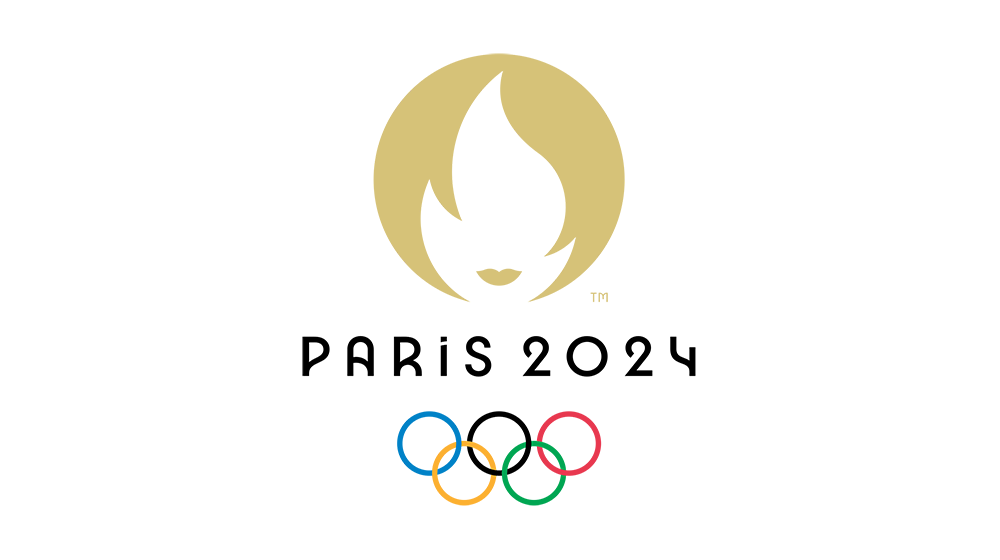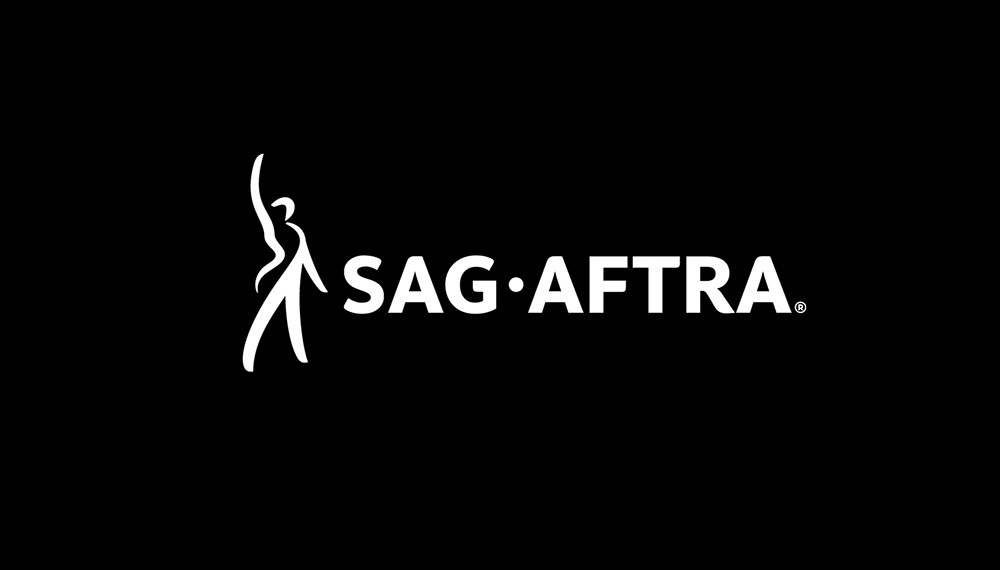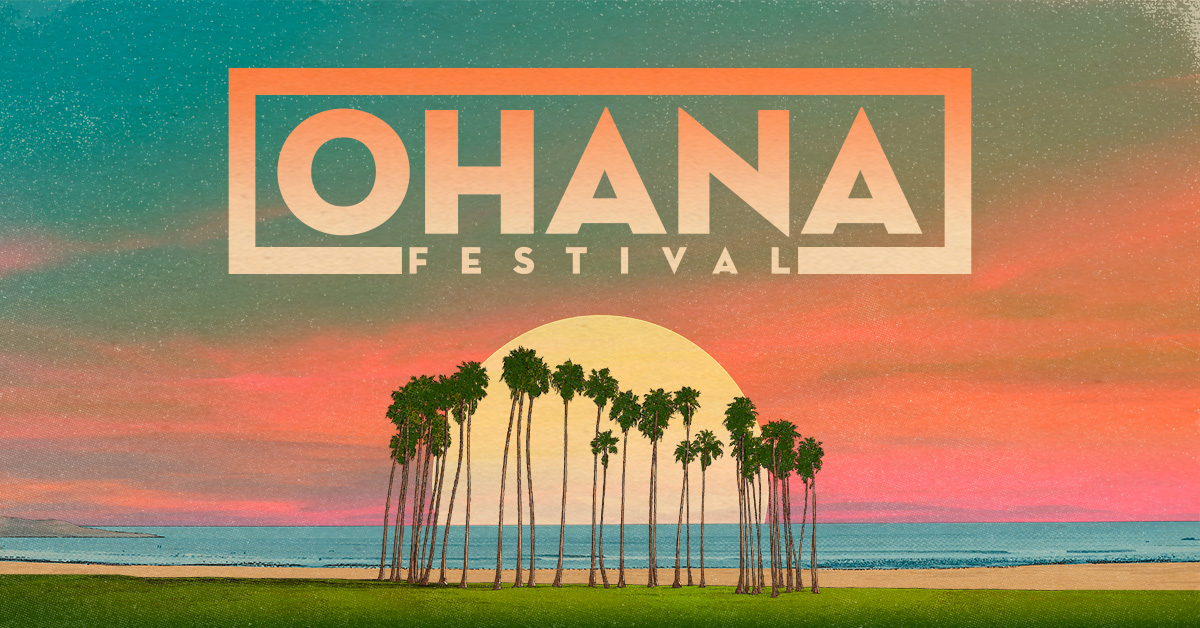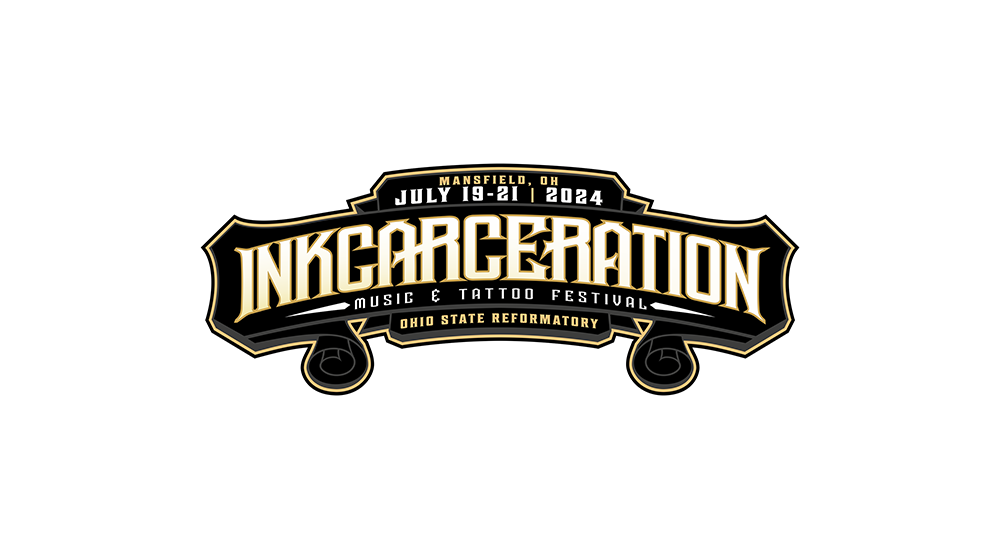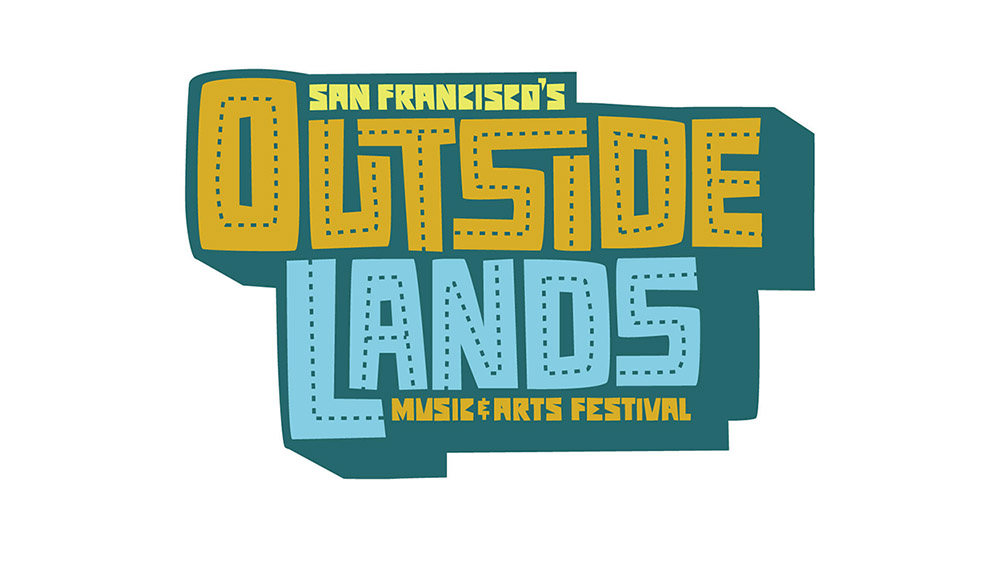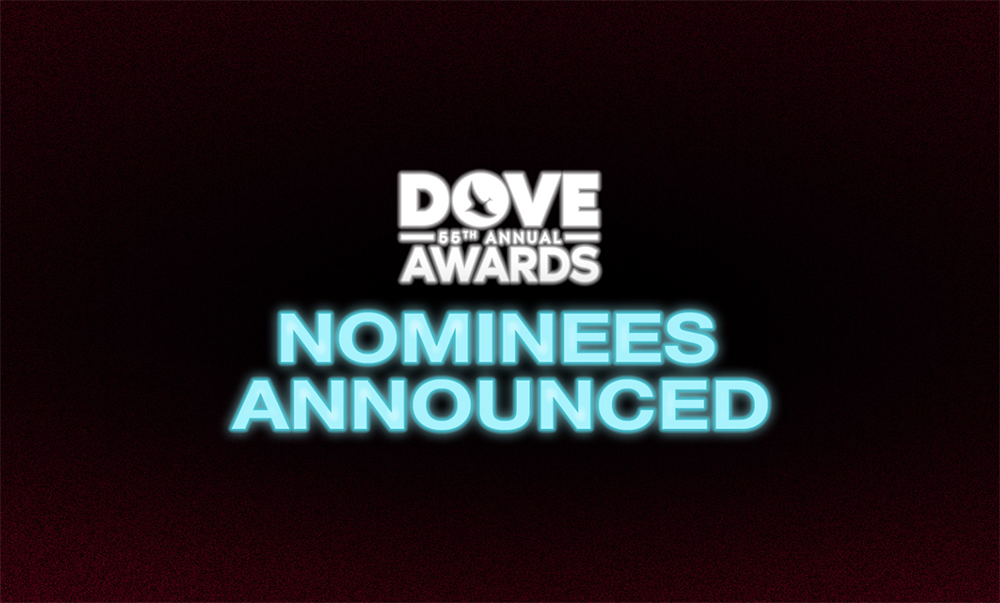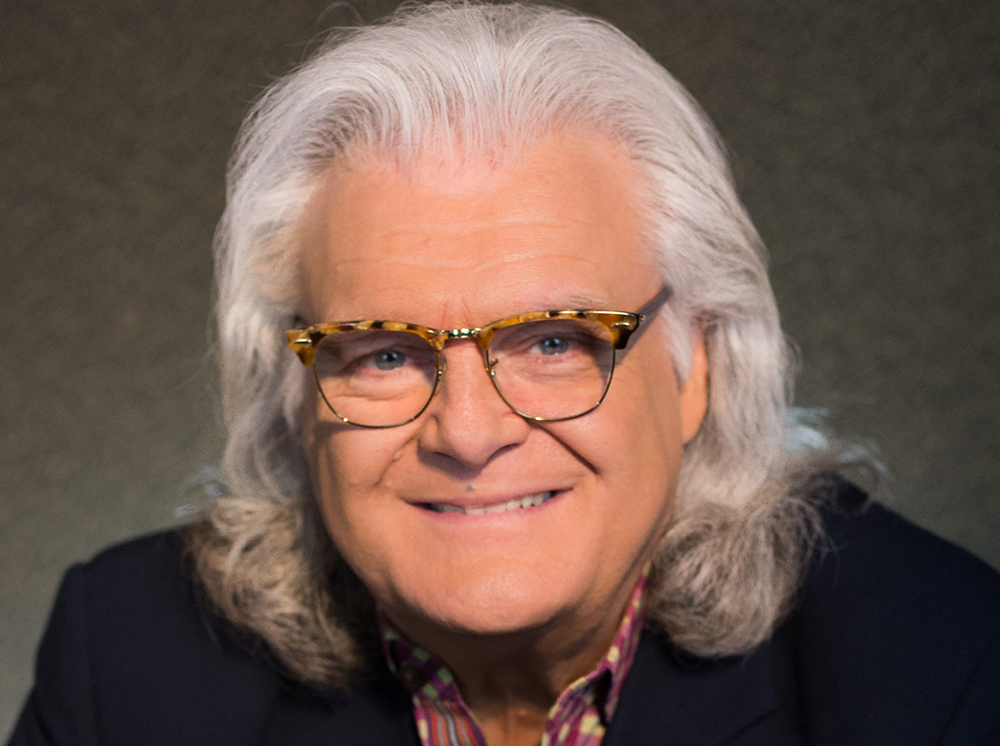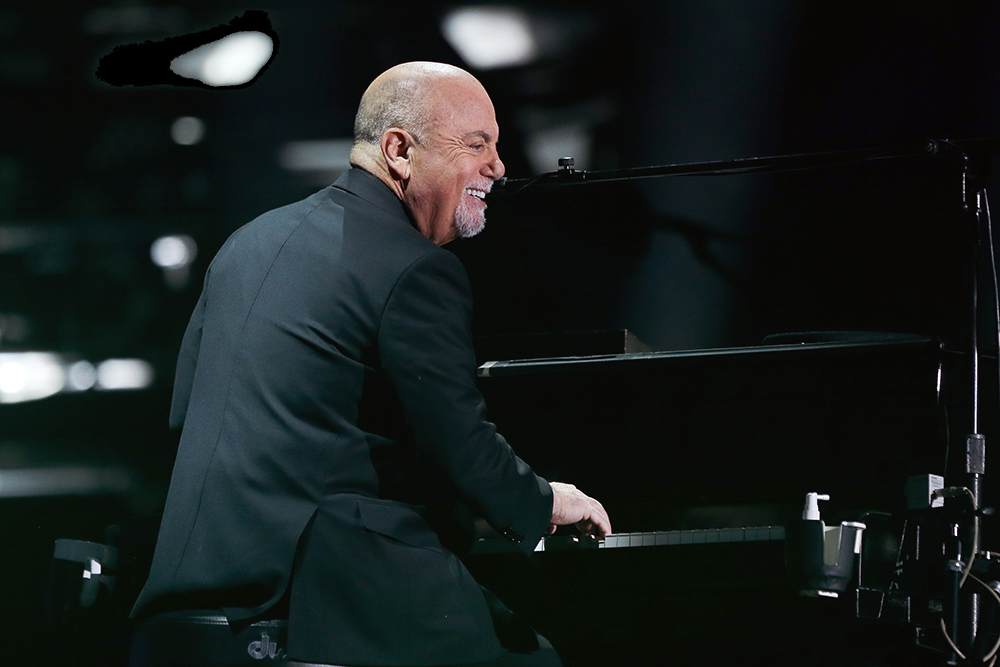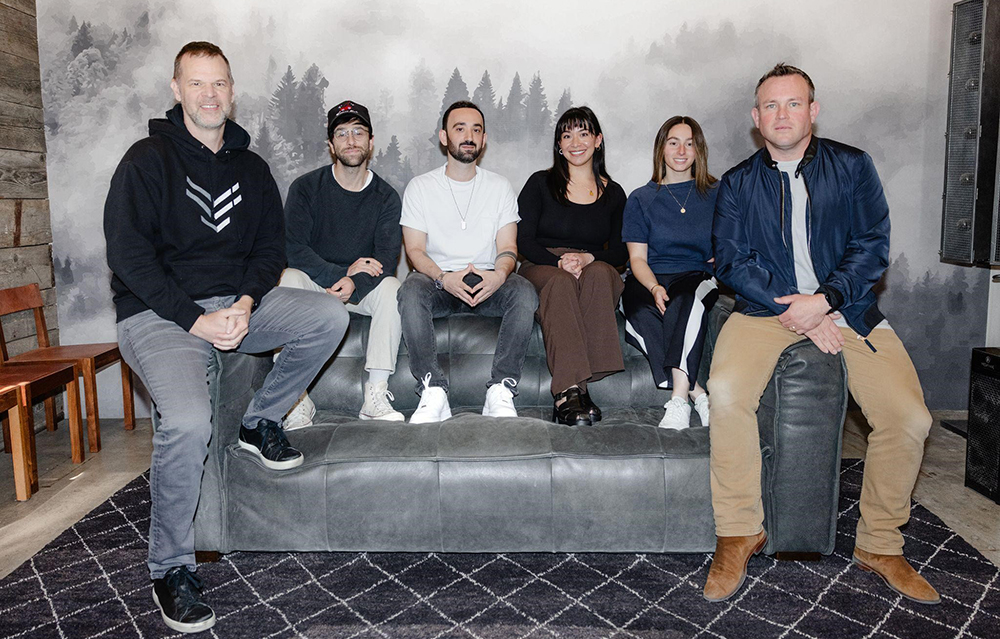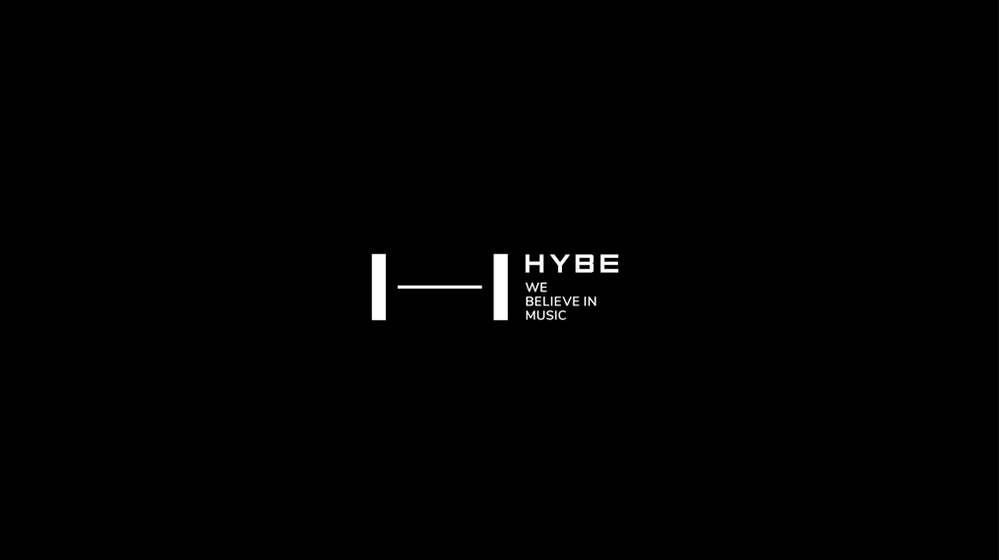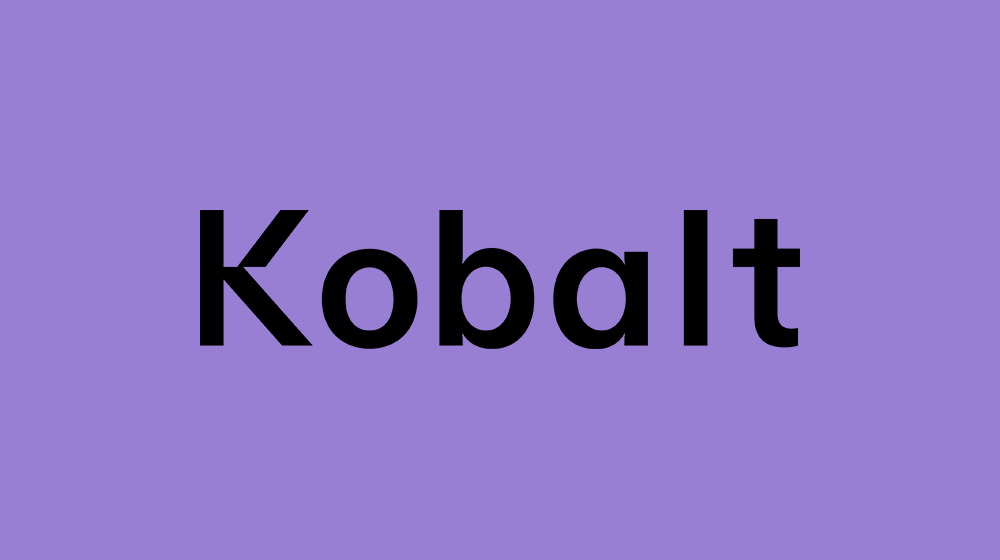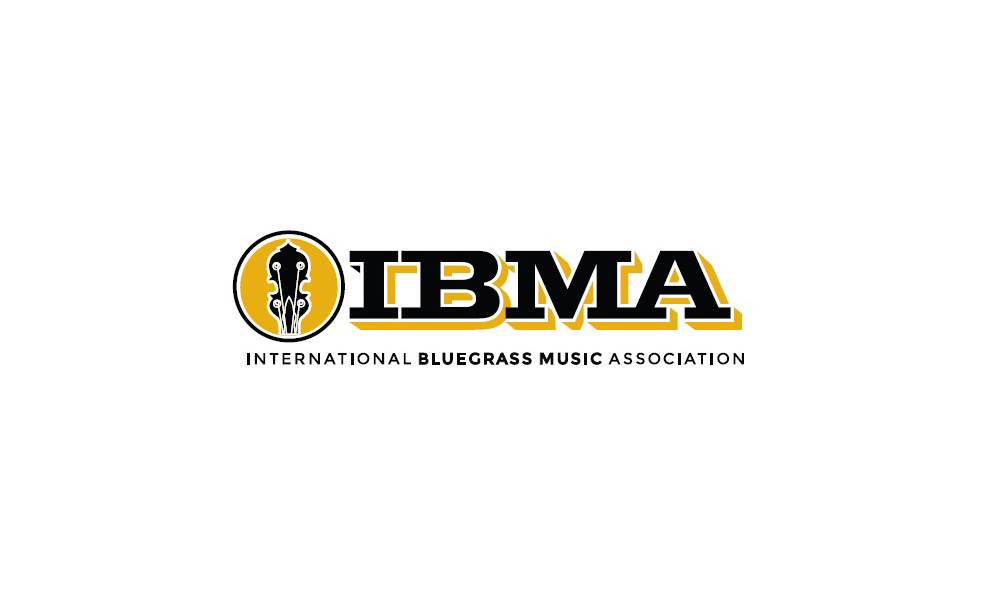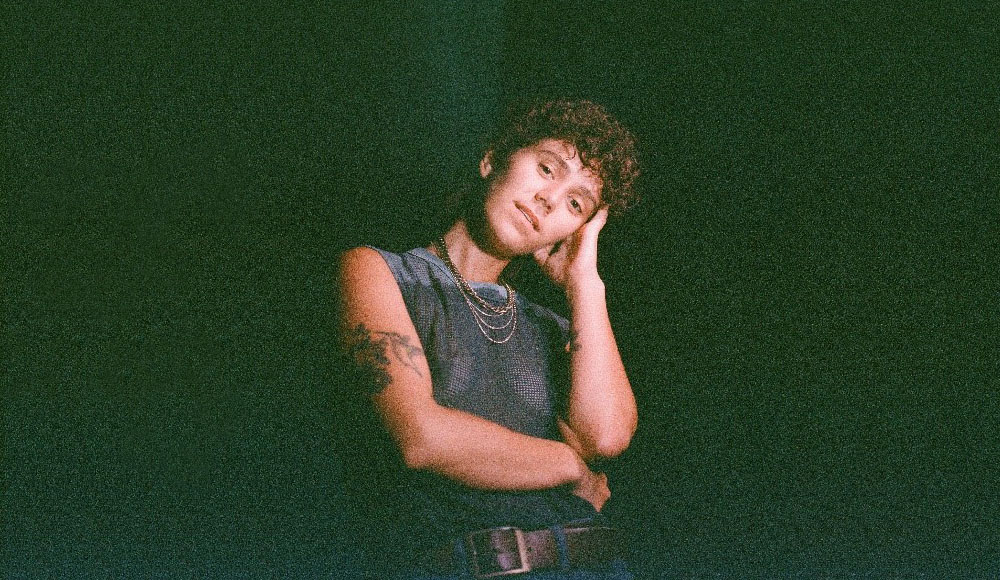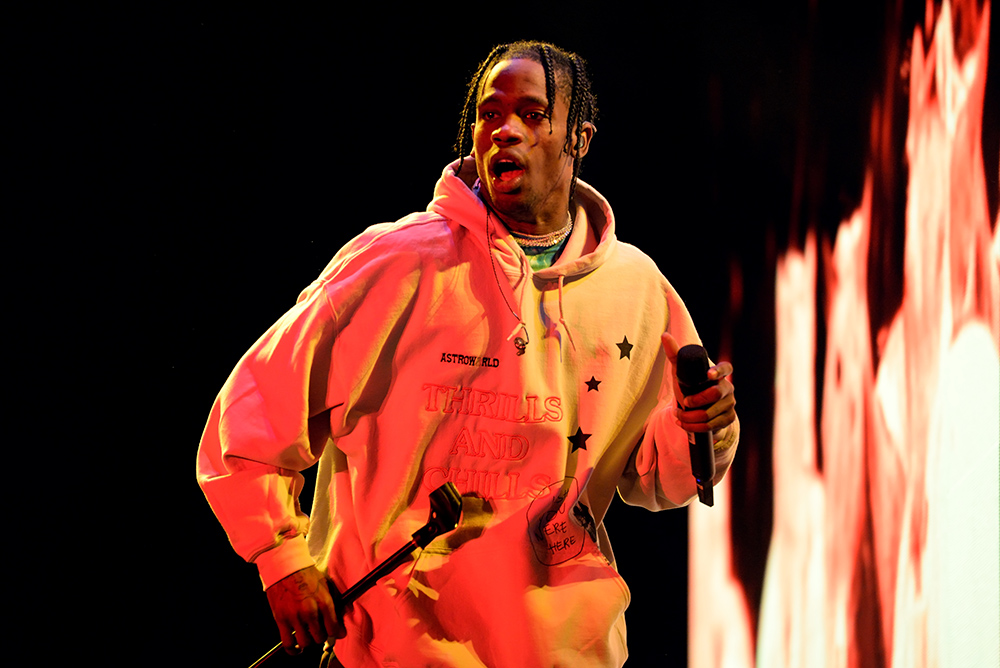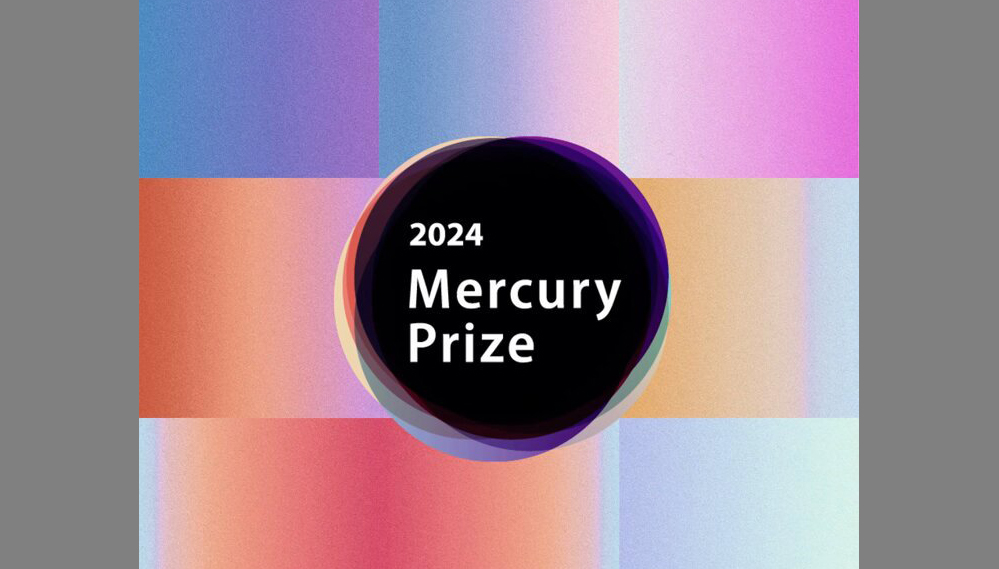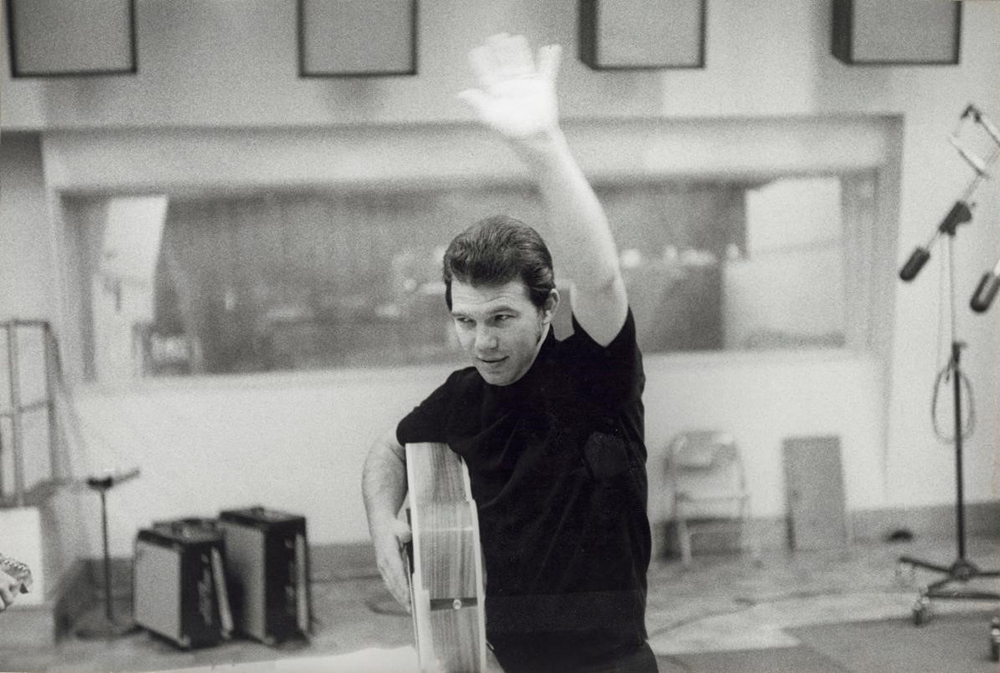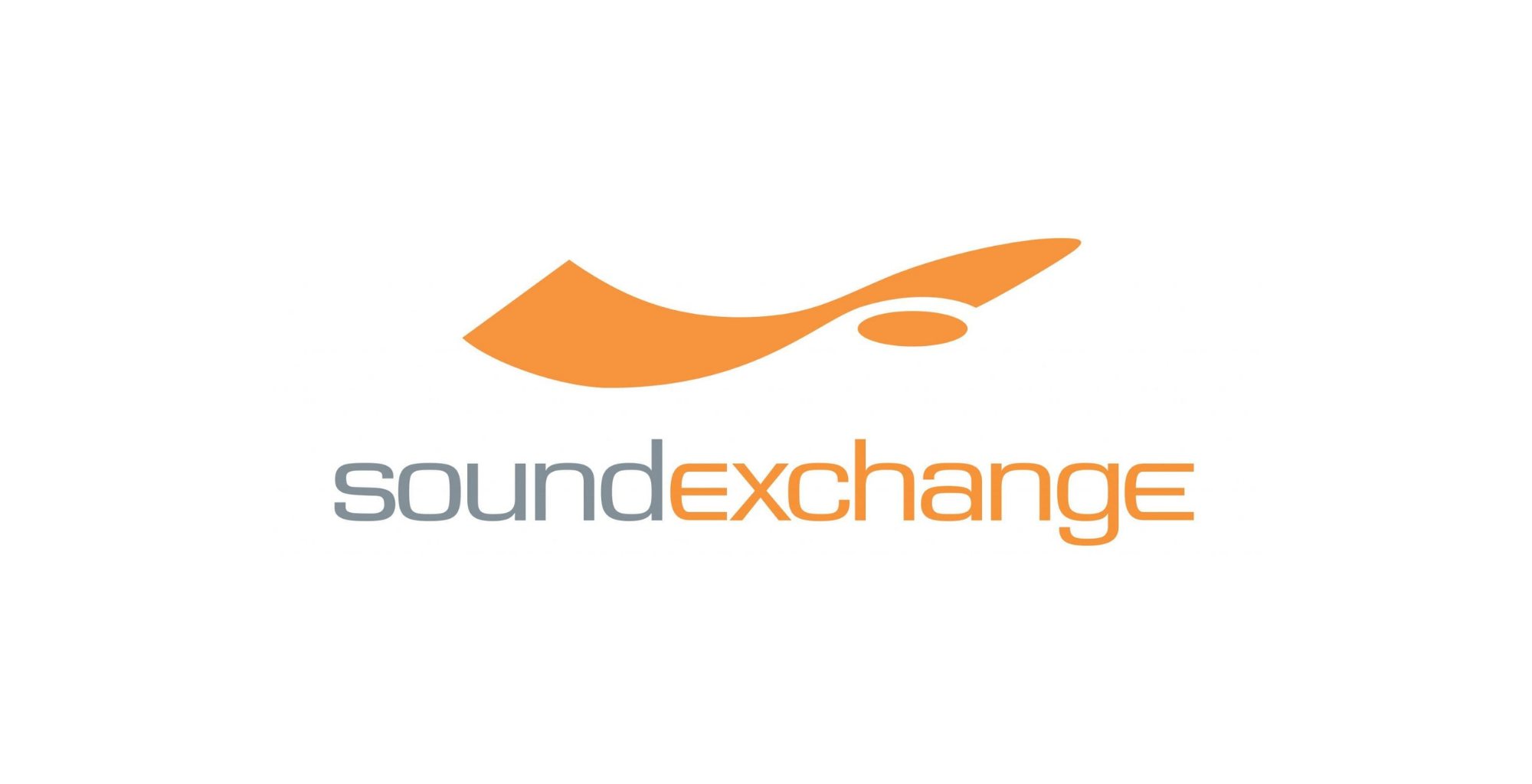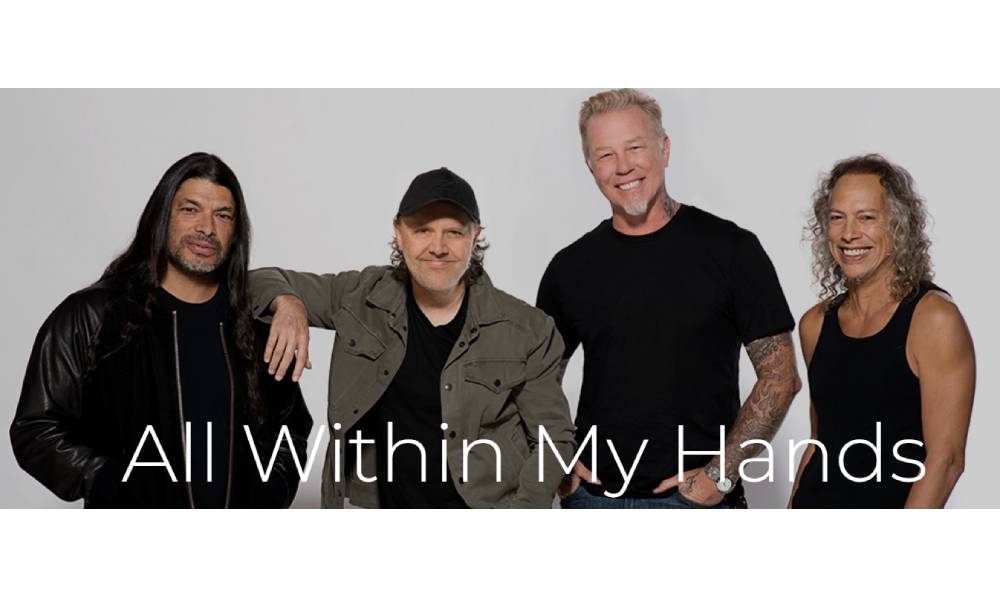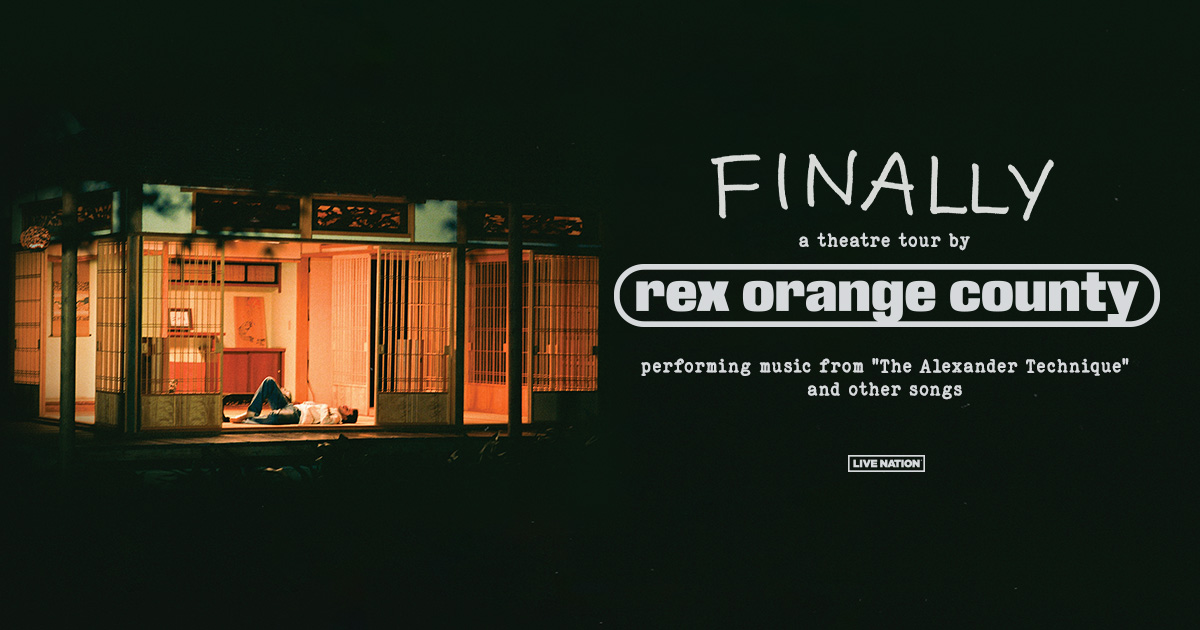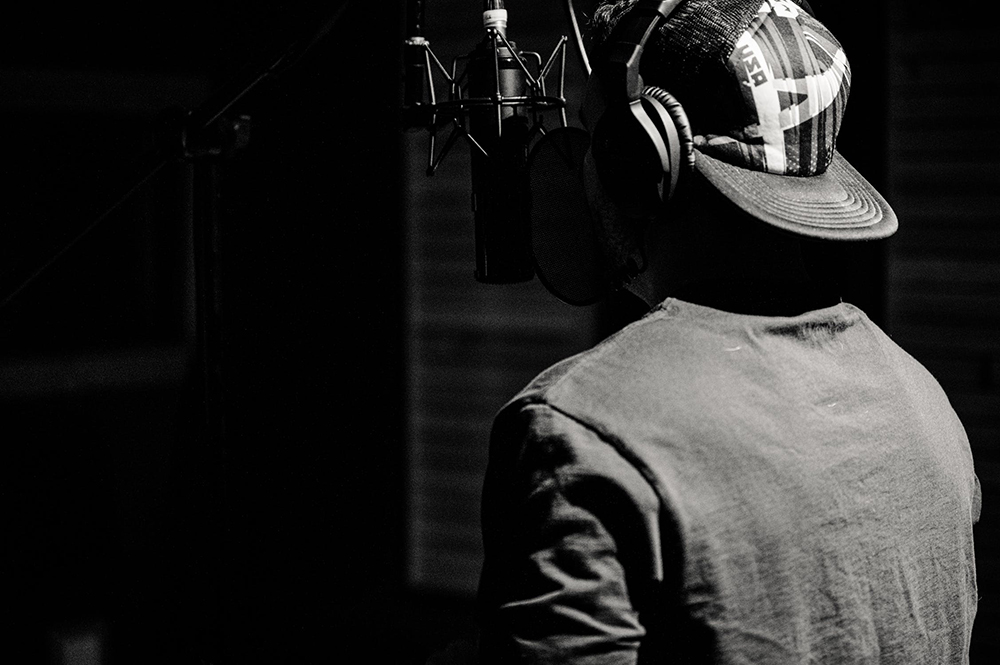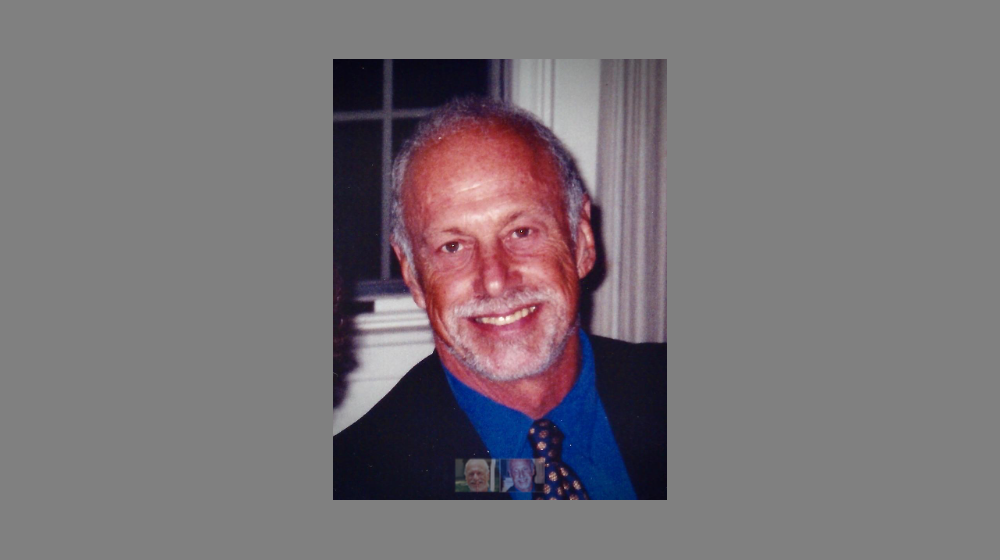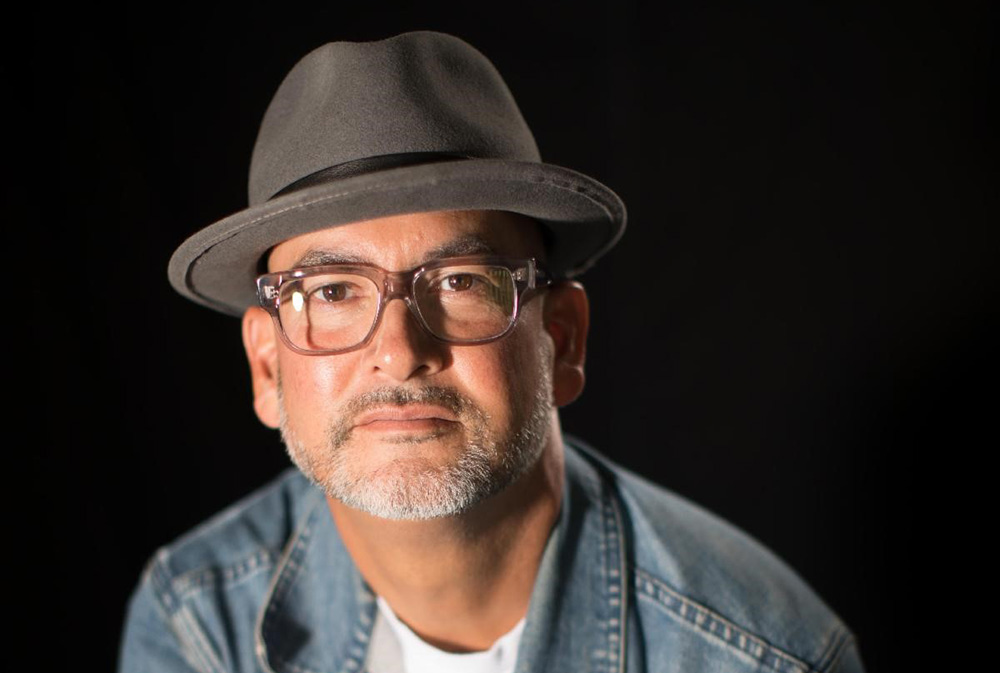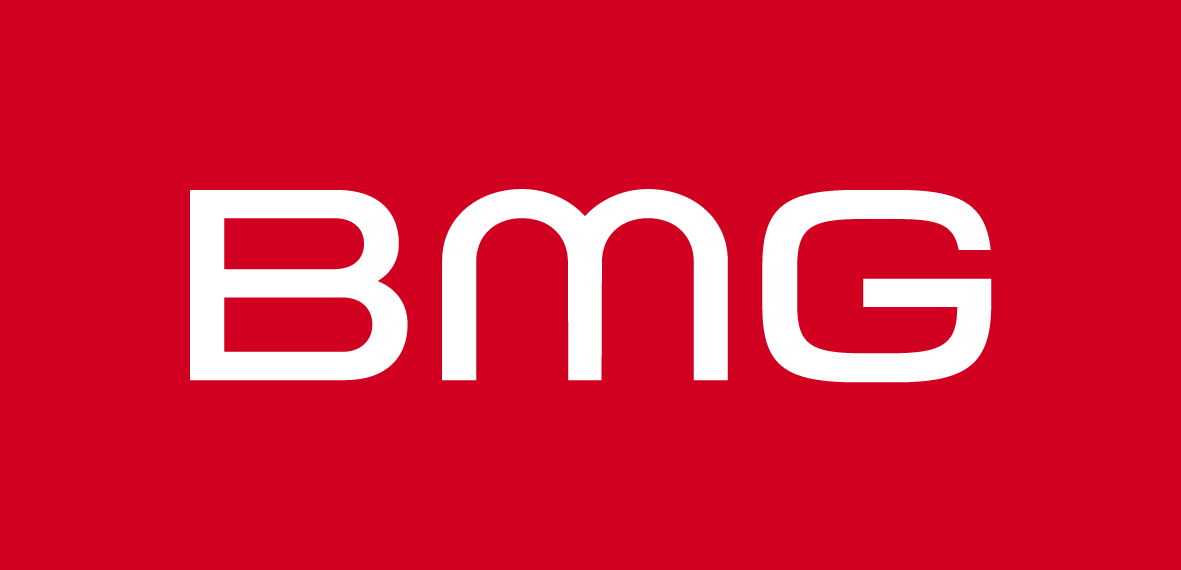
(Hypebot) – While Spotify gets at least one gold star for settling the songwriter/publisher class action lawsuit brought by Melissa Ferrick and David Lowery for $43.4 million, an even bigger online giant is ignoring its obligations to creators all together…
Guest post by Chris Castle of Music Technology Policy
Robert Levine is reporting in Billboard that the combined Lowery/Ferrick potential class actions have reached a $43.4 million settlement with Spotify (read the latest court document on the settlement here from Pacer). The settlement still requires identifying a class which the documents define (at p. 3) as:
All persons or entities who own copyrights in one or more musical compositions (a) for which a certificate of registration has been issued or applied for on or before the Preliminary Approval Date; and (b) that was made available by Spotify for interactive streaming and/or limited downloads during the Class Period (December 28, 2012 through the Preliminary Approval Date) without a license. (my emphasis)
This definition leaves out anyone who hasn’t filed a copyright registration of their song, which is likely to include many ex-US songwriters who are not required to register in order to enjoy copyright protection, and indeed many US writers who haven’t gotten around to registering their works as of what appears to be a yet-to-be-defined “Preliminary Approval Date.” So the clock is ticking for those who have yet to play the registration game.
It should also not be lost on anyone that the reference to the class certification includes compositions exploited by Spotify “without a license”. This clause should more properly state “without a license issued by the copyright owner or for which a license has been served on the copyright owner directly and not served on the Copyright Office pursuant to 17 USC Sec. 115(b)(2).” Why?
The proposed settlement’s registration requirement as drafted may also explain why Spotify has taken a sudden interest in serving “address unknown” NOIs on the Copyright Office in order to claim to have a faux statutory license. Spotify may be trying to argue that anything in their mass NOI filing is not registered and that by filing the mass NOI they have a “license” under the Copyright Act. It may be well to pay closer attention to the definition of “license” in the class settlement. (See “Loopholeapalooza! Spotify Files 247,112 Address Unknown NOIs”)



















